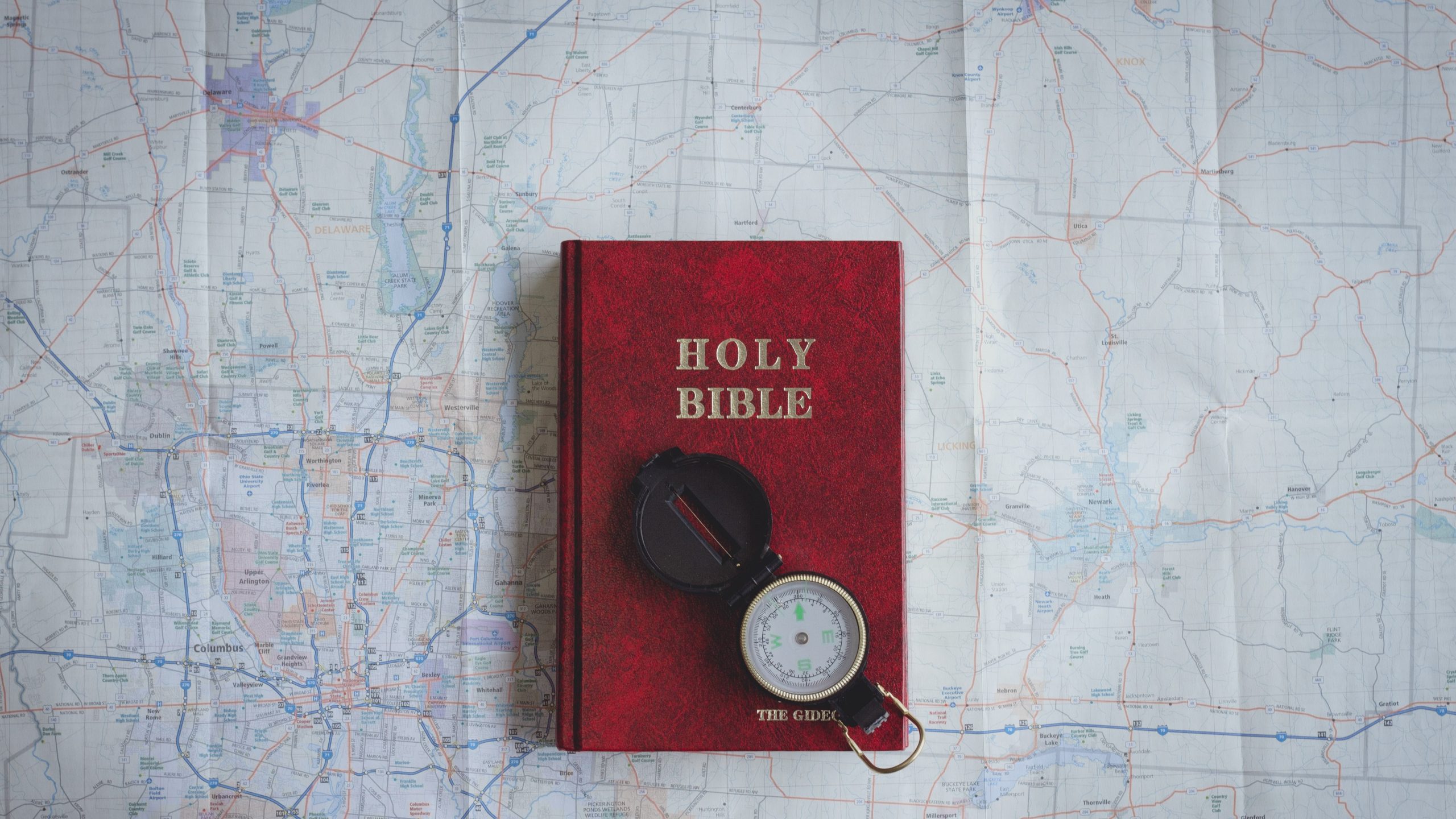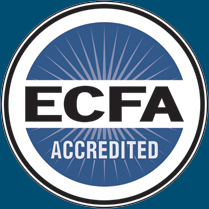
TCK Thoughts Recap
There are different stages in making a move to another location. We use the ADAPT model to talk about those stages.
A – All is well. (Involvement Stage)
This is where you and your family live in a community and are a part of different groups like: homeschooling cooperative, church, sport league, etc. All is well, you belong here.
When do you see this with Peter and Robert or in another video we have seen? Share your “all is well” story.
D – Don’t want to go, or do I? (Leaving Stage)
This is when you or your family find out you are leaving to move to another place. You can have many emotions at this stage. You and your family can be excited, scared, sad. Remember Alexander’s story. What did you feel when you knew you were moving to …….?
A – Anything is possible! (Transition Stage)
This happens when you actually leave your home. You and your family can feel scared, happy, excited or many other emotions and those emotions come and go. You don’t know what will happen. So you can say, “Anything is possible!” This is a very important time to talk with your parents and God about what you are feeling. In Dandelions, how did Zoe and her sister feel during this time?
P – Perhaps this isn’t too bad. (Entering Stage)
This is when you have begun to settle into your new location. You begin to recognize places and people and begin to adapt to new sounds, foods, school, etc. This is when you may think well, “Perhaps this isn’t so bad.” In our next session we will talk some about the stages of cultural stress/shock that you may experience during this stage but then we can adapt and move into this entering stage.
T – This is OK! (Reinvolvement Stage)
This is when you feel comfortable and at home and can say “This is OK!” This may/will take time.
Remember it is important to keep old friends and make new ones.
What does it mean to adapt? (to change your behavior so that it is easier to live in a particular place or situation.)
What are some different ways Stellaluna adapted while living with the birds?
What are some of the ways you have adapted or will need to adapt to your life when you move?
What are some of the things from your passport culture that you will continue while in your host country?
Is it possible to “stay the same color” when we adapt?
Think about yourself, your family, and the different cultures that are a part of your life. What are some of the things you have gained from your friends’ culture that are now a part of your life?
Remember, our lives are enriched by another culture. Are there traditions that your family will take with you wherever you go? Share these.
Steps of Cultural Stress:
- Fun – Honeymoon stage – all is new, different and fun.
- Flight – Avoidance – I don’t like this.
- Fight – Anger – Different + bad and/or mockery = feeling foolish.
- Fit – Tolerate being different; understanding different but reasonable; creativity different but open to interaction/ transaction.
Remember that prayer can do a lot to assist you in moving through these stages so that you can reach the Fit stage.
Read Psalm 139:1-18.
Discuss how God has it in His plan for them to be MKs. In fact, God may be planning on doing great things through you
Let us explore the stages of transition experienced by the story characters in “The Lotus Seed”
How is transition different for those forced to leave quickly and under difficult circumstances?
What were the signs of culture shock the grandmother experienced? Have you ever felt this way?
Sometimes you can’t take a treasured item with you because it is too big or too heavy.
What are other ways to “carry” the memory of these things with you?
Review acrostic for REAL: Write REAL longwise in bold letters on the paper.
- Repair– make peace with others, ask for forgiveness if needed.
- Explain – tell people why you are moving and then tell people what they mean to you and thank them.
- Adios – say goodbye to people, places, pets, and possessions.
- Look Ahead – look forward to the new things you will gain.
Printouts List
ICC Kids Gila Monster Printout*
ICC for Children REAL Repair Worksheet
ICC for Children Screwdriver Line Art
*Optional: Used in some Post-Reading Activity options
ICC for Children Backpack Sheet
ICC for Children Itsy Bitsy Frog Book Printout*
ICC for Children Frog Book Assembly Instructions*
ICC for Children Frog Word Search*
ICC for Children REAL Explain Worksheet
ICC for Children Light Bulb Coloring Sheet
*Optional: Used in some Post-Reading Activity options
ICC for Children Bat Craft Template*
ICC for Children Bat Word Search*
ICC for Children REAL Adios Worksheet
*Optional: Used in some Post-Reading Activity options





 COPYRIGHT © 1998-2024 JAARS, INC. |
COPYRIGHT © 1998-2024 JAARS, INC. | 